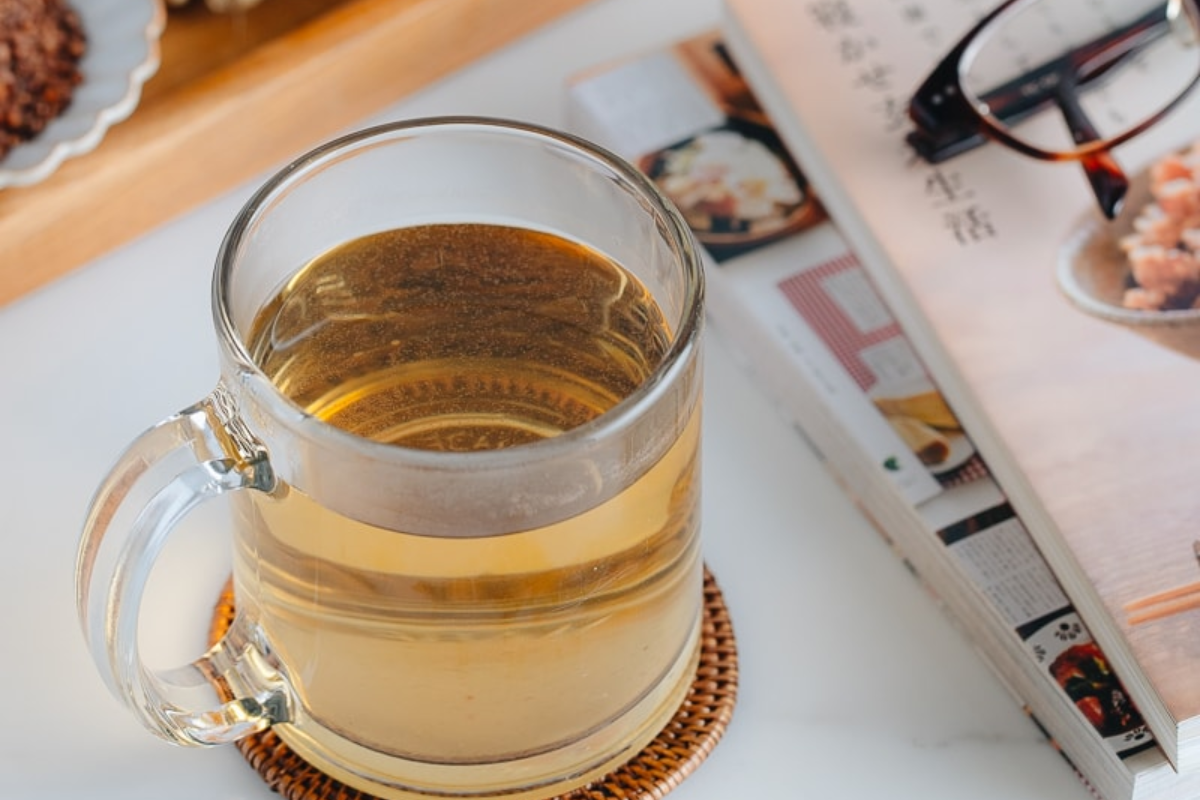What Is Sobacha Buckwheat Tea? Benefits, Flavor, and How to Brew It
There are countless blends of herbal teas that promote wellness, comfort, and tradition. But few offer the rich cultural background, distinct taste, and health-boosting properties of Sobacha Buckwheat Tea. Often consumed in Japanese and East Asian households, this roasted buckwheat infusion is gaining popularity worldwide among tea lovers. Whether you’re looking for a caffeine-free alternative, a digestive aid, or simply something new to sip, Sobacha is worth exploring.
At Senbird Tea, we believe that tea is more than just a beverage — it’s a way to connect with wellness and mindful living. That’s why we’re excited to introduce you to this unique, nutty-flavored tea with centuries of tradition and surprising health benefits. Read on to learn what makes Sobacha so special, what it tastes like, and how to brew the perfect cup at home.
What Exactly Is Sobacha?
Sobacha (そば茶) literally translates to “buckwheat tea” in Japanese. It is made from roasted buckwheat groats, which are steeped in hot water to create a fragrant, caffeine-free herbal tea. Despite its name, buckwheat is not a grain or wheat — it’s actually a seed from a flowering plant related to rhubarb and sorrel.
This makes Sobacha naturally gluten-free and suitable for people with celiac disease or gluten sensitivities. The roasted groats can come from either whole buckwheat or tartary buckwheat, with the latter being especially prized for its high antioxidant content and deeper flavor.
Sobacha is often enjoyed hot, but it can also be served cold as a refreshing summer beverage.
The Benefits of Sobacha Buckwheat Tea
Sobacha isn’t just delicious — it’s also packed with wellness benefits. Here are some of the top reasons people are turning to this traditional tea:
1. Rich in Antioxidants
Buckwheat is naturally high in rutin, a powerful antioxidant that supports blood vessel health and helps fight oxidative stress. Regular intake of rutin may promote better circulation and lower inflammation.
2. Supports Digestion
Sobacha contains dietary fiber and compounds that may promote a healthy gut. Its warm nature can also soothe the stomach and assist in smoother digestion, especially after meals.
3. Caffeine-Free
Because buckwheat isn’t a true tea (like green or black tea), Sobacha is 100% caffeine-free. That makes it a great choice for those looking to reduce or avoid caffeine, especially in the evening or before bed.
4. Helps Manage Blood Sugar
Some studies suggest that buckwheat can help regulate blood sugar levels, making it a suitable addition to diets focused on metabolic health or diabetes management.
5. Naturally Gluten-Free
Despite the “wheat” in its name, buckwheat contains no gluten. Sobacha is safe for those with celiac disease or gluten intolerance.
6. Hydration and Detox Support
Like other herbal infusions, Sobacha contributes to hydration. Combined with its mild diuretic effect, it can support gentle detox and kidney health.
What Does Sobacha Taste Like?
One of the standout features of Sobacha is its flavor profile. Unlike grassy or floral herbal teas, Sobacha has a distinctly toasty, nutty, and slightly sweet flavor.
The roasting process brings out rich, warm notes similar to popcorn, roasted nuts, or puffed rice. It’s smooth and mild, with no bitterness — making it easy to enjoy even for those new to herbal teas.
Some people compare it to the flavor of genmaicha, the Japanese green tea with roasted rice, but without the green tea base or caffeine.
If you enjoy cozy, comforting flavors and drinks that feel grounding, Sobacha is a perfect fit.
How to Brew Sobacha Buckwheat Tea
Brewing Sobacha is simple and flexible. You can use loose roasted buckwheat groats or tea sachets, depending on your preference. Here’s how to make the perfect cup:
Ingredients
- 1 tablespoon of roasted buckwheat (or 1 tea sachet)
- 8–10 oz hot water (just under boiling, about 190–200°F or 90–93°C)
Instructions
- Measure your buckwheat into a teapot or infuser.
- Pour hot water over the buckwheat.
- Steep for 3–5 minutes. You can adjust steep time depending on how strong you like the flavor.
- Strain the buckwheat and enjoy your tea hot.
Iced Version
To make iced Sobacha, brew it double-strength (using more buckwheat or less water), then pour over ice. Chill it in the fridge for a cold, refreshing alternative.
Reuse the Groats
One of the best parts of Sobacha is that the groats can often be re-steeped 2–3 times, giving you multiple cups from a single serving. You can also eat the steeped groats by adding them to rice, salads, or yogurt for extra fiber and texture.
How to Store Sobacha
Store your roasted buckwheat in an airtight container in a cool, dry place away from sunlight and moisture. This helps preserve its flavor and prevent it from going stale.
If stored properly, it can last for several months and remain fresh for brewing.
Is Sobacha Safe for Everyone?
Sobacha is generally safe for most people. However, a few things to consider:
- Allergy Check: Buckwheat allergy is rare but possible. If you’ve never had buckwheat before, start with a small amount.
- Pregnancy and Medication: If you’re pregnant, nursing, or on medication, consult your healthcare provider before adding new herbal teas to your routine.
- Watch Additives: Pure Sobacha should have no additives. Avoid versions with artificial flavors or added sugars.
Sobacha in Japanese Culture
In Japan, Sobacha is often served in traditional inns and during meals. It’s especially popular in regions where soba noodles (also made from buckwheat) are a staple. Some Japanese households keep roasted buckwheat on hand year-round to make tea after dinner or to offer to guests.
Its place in Japanese tea culture highlights not only its health benefits but also its role in hospitality and daily wellness rituals.
Final Thoughts
Sobacha Buckwheat Tea is more than just a soothing drink — it’s a wholesome experience rooted in tradition and wellness. With its warm, nutty flavor and host of health benefits, it offers an ideal alternative to caffeinated teas and sugary beverages.
Whether you’re seeking better digestion, a moment of calm, or simply a new taste to explore, Sobacha is a delightful addition to your tea collection.
Brew a cup, take a deep breath, and savor the simplicity — one sip at a time.












